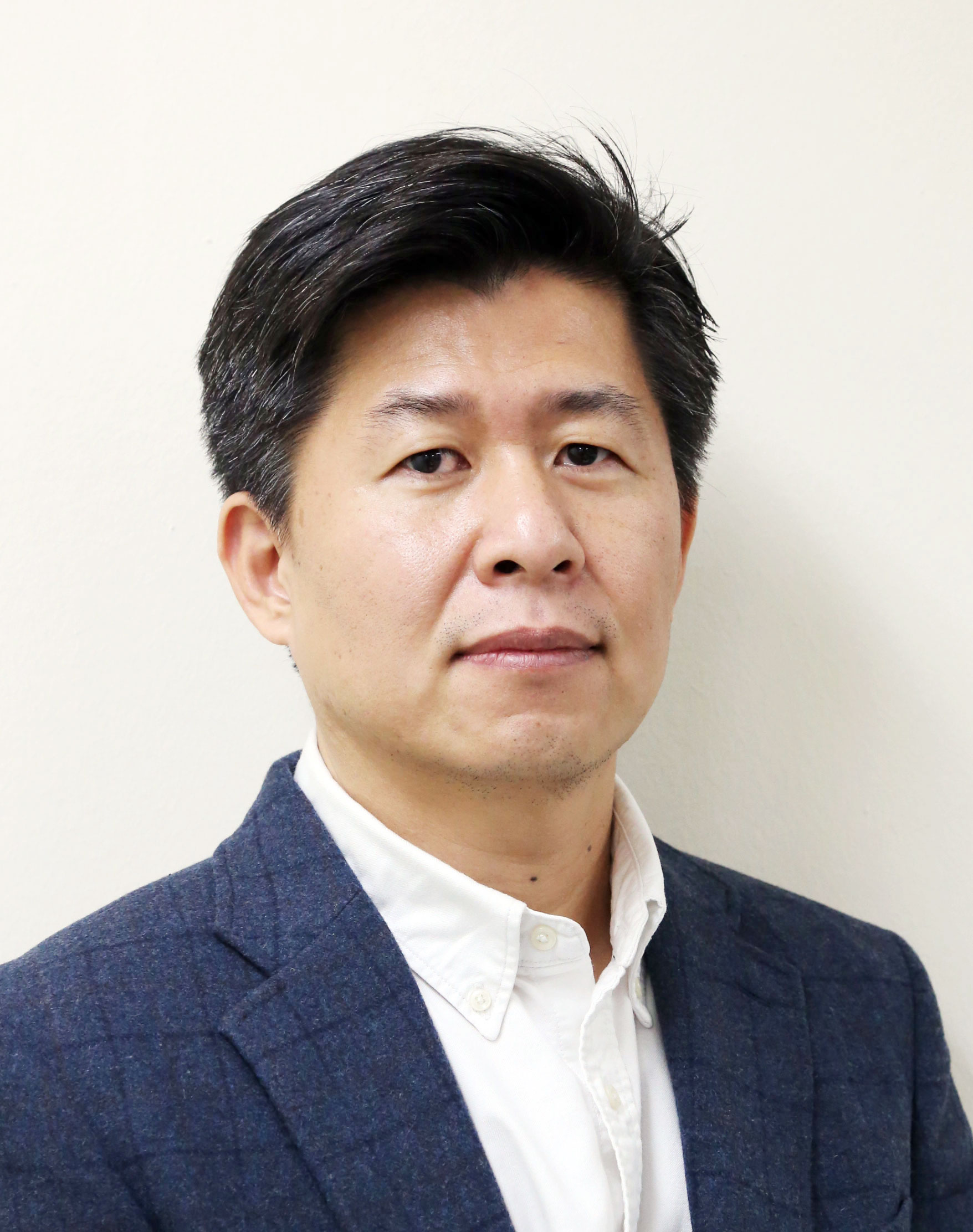
- 2020 Public Opinion Survey on Agriculture and Rural Areas
-
-
The Korea Rural Economic Institute (KREI) has operated the network of local correspondents since its establishment and surveyed them at the end of every year to grasp changes in Korean farmers’ thoughts and attitudes. In 2006, KREI started to include urban residents in its annual survey. Since then, it has asked farmers (producers) and urban residents (consumers and taxpayers) about their thoughts on agriculture and rural areas to track changes in their ideas and understand policy needs.
The 2020 survey was composed of primary questions redesigned in 2013 and others selected per period (every year, every two years, or every three years) to inquire about agriculture’s current issues.
The survey targeted 1,500 urban dwellers and 2,500 farmers. We surveyed farmers by post and commissioned a survey agency to interview city dwellers face-to-face. As to a question on agriculture’s essential functions, urban and rural respondents selected stable food supply. However, unlike urban residents, rural dwellers picked environmental conservation as the most critical function of agriculture and rural communities. The difference indicates that farmers have changed their thoughts on agriculture’ s future roles along with the execution of the direct payment programs.
Most urban residents positively perceived the public functions of agriculture and rural communities and thought highly of their values. Many of them were willing to bear additional tax burdens to keep those values. Notably, urban and rural respondents were optimistic about the introduction of the public-purpose direct payment programs, their details, farmers’ social responsibilities and roles based on direction payment conditions, and income compensation for smallholders through direct payments. This result implies the national consensus on the directions of public-purpose direction payments.
More urban residents were eager to migrate to rural areas for rural living or farming, as they became more interested in a healthy life and safe foods amid COVID-19. The skyrocketing housing prices in cities have also contributed to the change. Apprehending this trend, the government needs to develop various programs to support urban-to-rural migration and devise practical ways to improve their effectiveness.
The survey also shows that farmers’ satisfaction with their occupation and living have continuously improved. They have become more aware of unusual weather patterns due to climate change, changes in cultivation conditions, and risks from natural disasters, such as typhoons and rainy reasons. To reflect these changes in policy directions, the government should prepare countermeasures to respond to new threats of which farmers are conscious. The issue that gained attention from urban and rural respondents in 2020 was natural disasters and climate change. Particularly, climate change negatively impacted rural communities and the entire public. To respond to related problems, the government has to develop practical measures to elicit changes in consumers’ purchasing behaviors and farmers’ cultivation methods.
Air pollution from fine dust and the pandemic has increased the public’s rising interest in health and nature. The government needs to understand the trend as a new opportunity for agriculture and rural communities and devise specific plans to seize it.
Researchers: Woo Byungjoon, Chung Dochai, Park Hyejin
Research period: 2020. 1. ∼ 2020. 12.
E-mail address: dcchung@krei.re.kr -
목차
-
제1장 조사 개요
제2장 조사 결과
제3장 농정에 대한 건의 및 제안
요약문
The Korea Rural Economic Institute (KREI) has operated the network of local correspondents since its establishment and surveyed them at the end of every year to grasp changes in Korean farmers’ thoughts and attitudes. In 2006, KREI started to include urban residents in its annual survey. Since then, it has asked farmers (producers) and urban residents (consumers and taxpayers) about their thoughts on agriculture and rural areas to track changes in their ideas and understand policy needs.
The 2020 survey was composed of primary questions redesigned in 2013 and others selected per period (every year, every two years, or every three years) to inquire about agriculture’s current issues.
The survey targeted 1,500 urban dwellers and 2,500 farmers. We surveyed farmers by post and commissioned a survey agency to interview city dwellers face-to-face. As to a question on agriculture’s essential functions, urban and rural respondents selected stable food supply. However, unlike urban residents, rural dwellers picked environmental conservation as the most critical function of agriculture and rural communities. The difference indicates that farmers have changed their thoughts on agriculture’ s future roles along with the execution of the direct payment programs.
Most urban residents positively perceived the public functions of agriculture and rural communities and thought highly of their values. Many of them were willing to bear additional tax burdens to keep those values. Notably, urban and rural respondents were optimistic about the introduction of the public-purpose direct payment programs, their details, farmers’ social responsibilities and roles based on direction payment conditions, and income compensation for smallholders through direct payments. This result implies the national consensus on the directions of public-purpose direction payments.
More urban residents were eager to migrate to rural areas for rural living or farming, as they became more interested in a healthy life and safe foods amid COVID-19. The skyrocketing housing prices in cities have also contributed to the change. Apprehending this trend, the government needs to develop various programs to support urban-to-rural migration and devise practical ways to improve their effectiveness.
The survey also shows that farmers’ satisfaction with their occupation and living have continuously improved. They have become more aware of unusual weather patterns due to climate change, changes in cultivation conditions, and risks from natural disasters, such as typhoons and rainy reasons. To reflect these changes in policy directions, the government should prepare countermeasures to respond to new threats of which farmers are conscious. The issue that gained attention from urban and rural respondents in 2020 was natural disasters and climate change. Particularly, climate change negatively impacted rural communities and the entire public. To respond to related problems, the government has to develop practical measures to elicit changes in consumers’ purchasing behaviors and farmers’ cultivation methods.
Air pollution from fine dust and the pandemic has increased the public’s rising interest in health and nature. The government needs to understand the trend as a new opportunity for agriculture and rural communities and devise specific plans to seize it.
Researchers: Woo Byungjoon, Chung Dochai, Park Hyejin
Research period: 2020. 1. ∼ 2020. 12.
E-mail address: dcchung@krei.re.kr저자정보
저자에게 문의
구매안내
KREI의 출판물은 판매 대행사 (정부간행물판매센터)와 아래 서점에서 구입 하실 수 있습니다.
판매대행사
- (주)정부간행물판매센터http://www.gpcbooks.co.kr사이트 바로가기
- 서울특별시 중구태평로 1가 25번지
- TEL 02) 394-0337, 734-6818
- FAX 02) 394-0339
판매서점
판매서점 교보문고 http://www.kyobobook.co.kr/ 영풍문고 http://www.ypbooks.co.kr/ 알라딘 http://www.aladin.co.kr/ 활용도 정보
활용도 정보 상세정보 조회 좋아요 다운로드 스크랩 SNS공유 46976 0 1062 2 6 - 같은 분야 보고서가 없습니다.
- 같은 분야 인기 보고서가 없습니다.
의견남기기
-


